Maintaining a balanced vegetarian diet requires mindful choices, especially when it comes to protein intake. Whether you’re vegetarian for health, environmental, or ethical reasons, it’s essential to include high-protein foods in your meals to support muscle growth, metabolism, and overall well-being.
Here are the 10 best vegetarian protein sources that are both nutritious and delicious.
1. Lentils
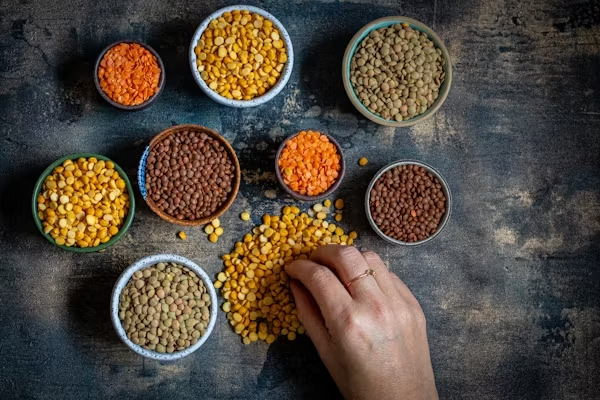
Protein per 1 cup (cooked): ~18 grams
Lentils are a staple in vegetarian diets. Rich in protein, fiber, and iron, they are great in soups, stews, curries, and salads. They’re also low in fat and help stabilize blood sugar levels.
2. Chickpeas (Garbanzo Beans)
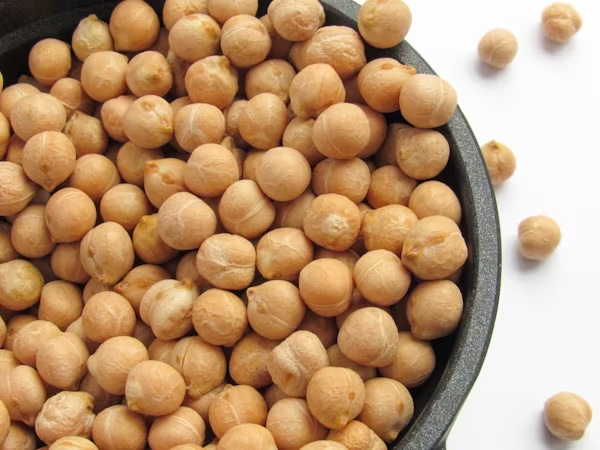
Protein per 1 cup (cooked): ~15 grams
Chickpeas are incredibly versatile—perfect for hummus, falafel, and stir-fries. They provide protein, fiber, and essential vitamins like folate and manganese.
3. Quinoa
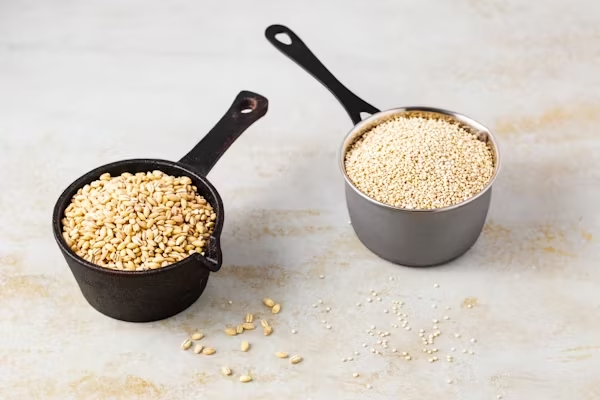
Protein per 1 cup (cooked): ~8 grams
Unlike many grains, quinoa is a complete protein, containing all nine essential amino acids. It’s also gluten-free and rich in magnesium, iron, and antioxidants.
4. Tofu
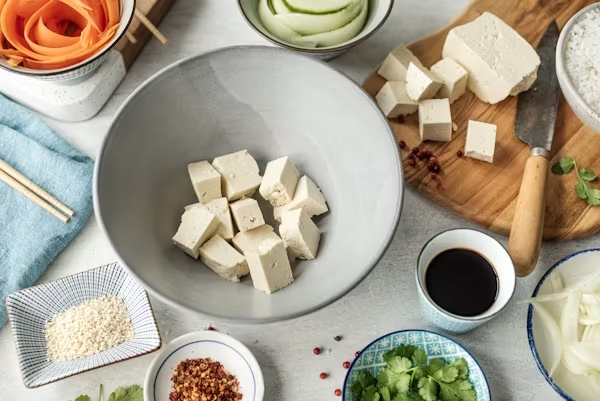
Protein per ½ cup: ~10 grams
Tofu, made from soybeans, is an excellent meat substitute. It absorbs flavors well and can be grilled, baked, or stir-fried. It’s also a good source of calcium and iron.
5. Tempeh
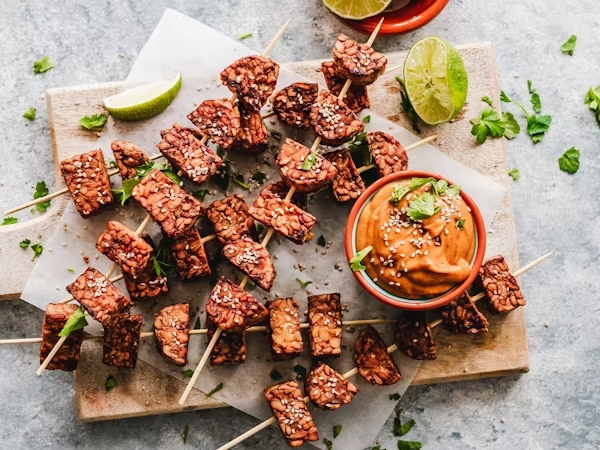
Protein per 3 ounces: ~15–18 grams
Fermented and firmer than tofu, tempeh is packed with protein and probiotics. It has a nutty flavor and works well in sandwiches, stir-fries, and salads.
6. Greek Yogurt (Dairy)
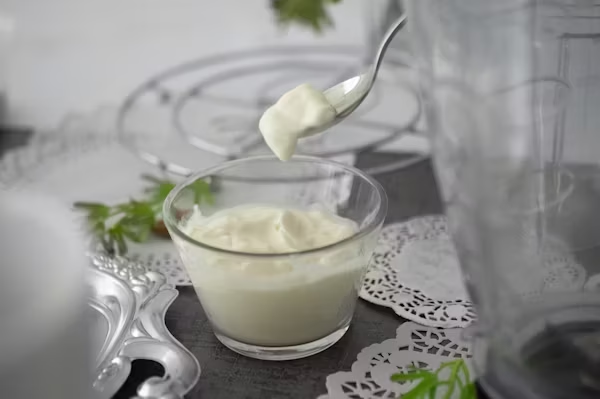
Protein per 1 cup: ~20 grams
For lacto-vegetarians, Greek yogurt offers a substantial protein boost, along with probiotics for gut health. Choose unsweetened varieties for the best health benefits.
7. Eggs
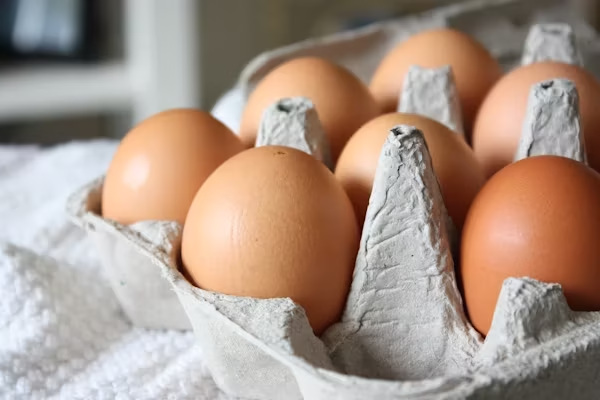
Protein per egg: ~6 grams
Eggs are a complete protein and an easy, affordable option. They’re rich in B vitamins, healthy fats, and antioxidants like lutein, which supports eye health.
8. Chia Seeds
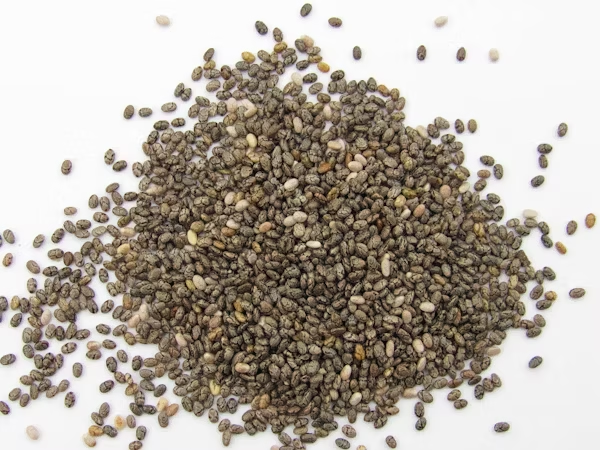
Protein per 2 tablespoons: ~5 grams
Small but mighty, chia seeds are loaded with protein, fiber, omega-3s, and calcium. Add them to smoothies, oatmeal, or yogurt for a nutritious boost.
9. Nuts & Nut Butters
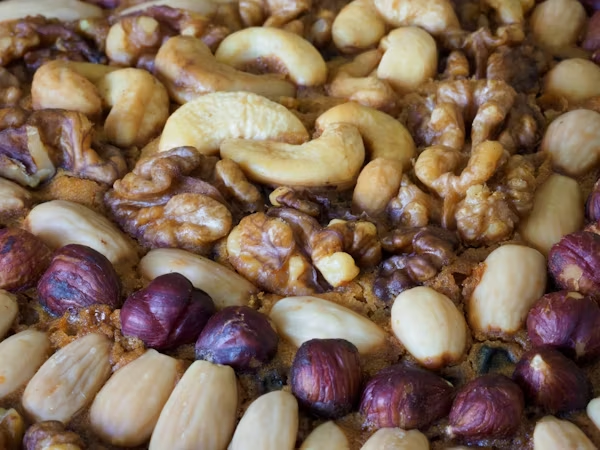
Protein per 2 tablespoons peanut butter: ~8 grams
Almonds, walnuts, peanuts, and cashew butters are not only protein-rich but also heart-healthy. Be mindful of portion sizes due to high calorie content.
10. Seitan
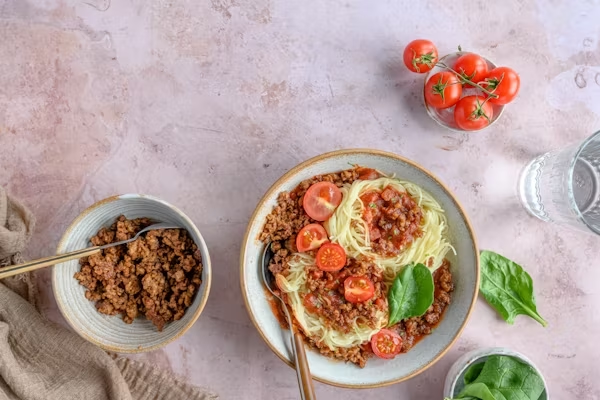
Protein per 3 ounces: ~21 grams
Also known as “wheat meat,” seitan is one of the highest plant-based protein sources. It’s ideal for grilling or adding to savory dishes, but not suitable for those with gluten sensitivity.
Conclusion
Incorporating a variety of these top vegetarian protein sources ensures you meet your daily protein needs while enjoying flavorful, plant-based meals. From legumes and soy products to seeds and whole grains, these options can help build a healthy, balanced vegetarian diet.
